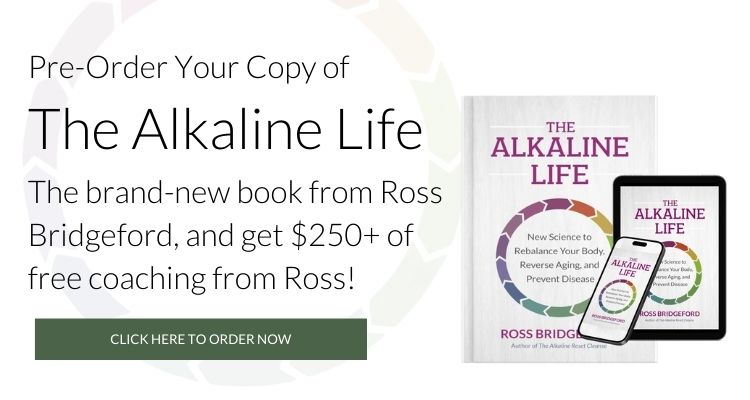The Lowdown on MSG
MSG, or monosodium glutamate, is probably one of the singlemost blamed ingredients of all time. Alongside yeast, dairy and gluten it is often the reason we give for our feelings of illness and lethargy after eating a meal (*cough* takeaway) and many of us now actively seek to avoid it at all costs.
Technically speaking, MSG is the sodium salt of the amino acid L-glutamic. In practice it is used as a potent flavour enhancer which was first used in Japan over a thousand years ago. While it is generally seen as an additive (and therefore unnatural), glutamate is also found in the proteins of meat, vegetables, poultry and milk.
There are two different forms of glutamate, bound and free. Bound glutamate is linked to other amino acids and forms a protein molecule whereas and free glutamate is not linked to protein – and hence is ‘free’. It is free glutamate that is used in enhancing the flavours of food and it is abundant in foods such as tomatoes and mushrooms.
While we tend to largely think of Asian foods when we are on the lookout for MSG, it is also used in foods like canned soups, stocks, junk foods such crisps (chips) and other snacks, most frozen meals and instant meals. As such I would speculate that in each of these types of foods there are likely to be other things to look out for alongside the MSG content!
But is MSG actually BAD for me?
The answer to that is yes and no. While the FDA consider it to generally be safe and the Expert Committee on Food Additives of the United Nations Food and Agriculture Organization and the World Health Organization placed decided that MSG should be put into one of the safest categories of ingredients in 1987.
So while that suggests that, yes, MSG is OK – the FDA do make some strange decisions and I would wonder what else is on the safe list, and what factors constitute ‘safe’.
On the, ‘no, it’s actually pretty bad’ side of the fence the FDA have also noted that there is evidence to suggest that some people may actually react negatively to MSG and exhibit the following symptoms:
- burning sensation in the back of the neck, forearms and chest
- numbness in the back of the neck, radiating to the arms and back
- tingling, warmth and weakness in the face, temples, upper back, neck and arms
- facial pressure or tightness
- chest pain
- headache
- nausea
- rapid heartbeat
- bronchospasm (difficulty breathing) in MSG-intolerant people with asthma
- drowsiness
- weakness
There is also masses of anecdotal evidence and a number of research articles appearing which draw a link between MSG and negative reactions such as migranes, obesity and fibromyalgia.
There is also the concern about MSG spiking blood plasma levels of glutamate. Glutamic acid is an excitotoxin and studies have shown this to cause damage to the brain and can cause the onset of chronic disease. It doesn’t sounds so good…
But in my mind, you just have to look at the type of foods it is used in and make an assessment from there. Thats the easiest way to decide whether to exclude it from your diet or not. Are you going to be eating takeaways and processed foods as part of a healthy diet? Is there MSG in fresh foods?
I can’t say I’m going to be able to avoid it 100% – so how much is safe?
Well, if you feel like you’re not one of the people who react badly to MSG there are ‘safe’ levels that you should try and stick to. These levels have not been defined by the FDA or the UK Govt. so there is no RDA amount, but you can probably say that as a rule of thumb you should eat no more than one meal containing added MSG per day. There is ‘free’ glutamate in all sorts of foods as mentioned, and as such the ‘average person’ (whatever that means) will consume somewhere between 10k and 20k milligrams of naturally occuring free glutamate from normal foods (i.e. where MSG has not been purposefully added).
Having said that, I personally try to avoid which is not too difficult as I avoid the foods it is found in anyway for their extremely high levels of trans-fats, salts, sugars and other crap!






Hey i wanted to know whether MSG can be detected in blood or not? What can be the possible Experimental Procedure to analyse MSG in blood sample?
Our modern diet plays such an important role in our health now. The very things that people think are keeping them healthy and alive are actually making them ill.
This is very interesting. I never knew that msg occurred naturally.
Hey Scott
I was actually only the other day thinking about everyone who used to post on seochat and thinking that I hadnt been over there for quite some time – you still post there? I did move over to seo refugee for a while (after the nofollow thing) but my free time soon disappeared and I dont really post there either now!
Let me take a look at your site (email me the address) and if it looks cool I’ll blog about it anyway – you dont have to worry about sponsoring it.
Hope all is good with all your other sites. Have a great weekend,
Ross
HI,
I wanted to let you know that I’ve been reading your blog for a little while now and I love it!
I own an anti aging review site that I was hoping you’d be willing to write a small blog post about. Of course I’m willing to pay. How much would you charge for a sponsored blog post?
Thanks,
Scott